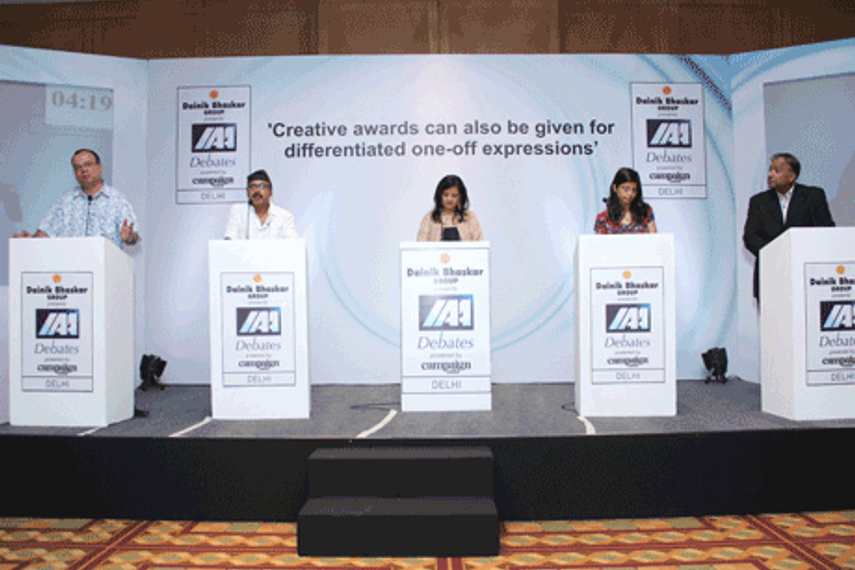
Please sign in or register
Existing users sign in here
Having trouble signing in?
Contact Customer Support at
[email protected]
or call+91 022 69047500
Verdict: ‘Creative awards can also be given for differentiated one-off expressions’

Contact Customer Support at
[email protected]
or call+91 022 69047500
Top news, insights and analysis every weekday
Sign up for Campaign Bulletins
Infiltrating the matrimonial columns, Paisabazaar flips the script on romance—putting credit scores where horoscopes used to be.
Industry leaders weigh in on how brands can help shape pop culture again through innovative storytelling and a balanced approach between creativity and performance.
Pouring money into social media ads isn’t paying off for many marketers. As ROI shrinks, here are the alternatives that marketers are exploring to drive results.
Nearly 78% of India’s Gen Z feel positive about taking responsibility for their own health, finds a global Gen Z study conducted by Burson.